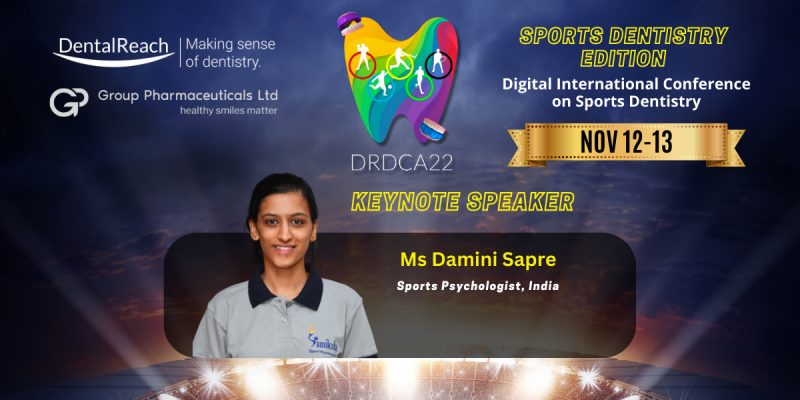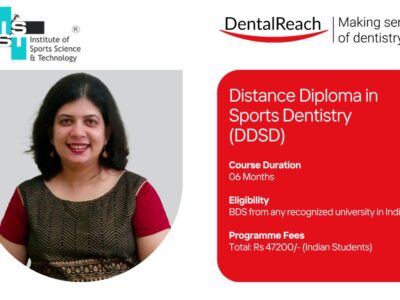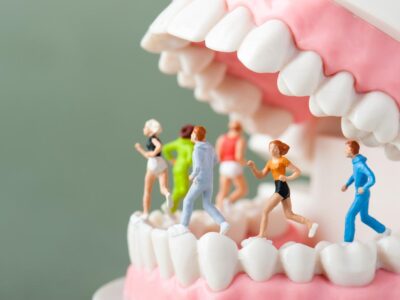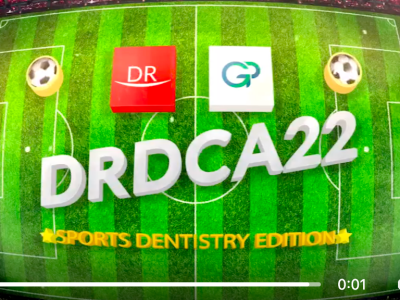Author Ms Damini Sapre (M.A Psychology) is a Sports Psychologist & Former Sr. Women’s Footballer from Pune, India. Dr Supriya is a Symposium Panelist at the DentalReach Conference & Awards (DRDCA) 22: Sports Dentistry Edition. Brochure & Registration Link: Click here

Sport psychology is primarily defined as “the study of how psychological factors influence sports, athletic performance, exercise, and physical activity.” It helps athletes utilize psychology to improve their athletic performance and mental well-being.
Here we will explore what sport psychology is and how it became an independent field of study. Additionally, we will discuss its benefits as well as its interrelationships with dentistry and other fields in Sport Science.
Virat Kohli, the former captain of the Indian men’s cricket team, recently struggled through a rough patch. There was much speculation about the reason for his slump. In a few of his interviews, he mentioned that he felt lonely at times. What causes an athlete to feel this way? Could he have resolved the issue with his coach? What else might have helped him? There may be answers to these questions in ‘Sport Psychology’.
Mental health and overall well-being are fundamental to athletic competition and performance no matter whether they are elite athletes or novices. Seeking the support of a sport psychologist can help athletes achieve their overall goals of performance improvement.
The application of the principles of sport psychology involves implementing therapy as well as psychological techniques to improve sport performance. It is commonly referred to as ‘psychological skills training’ or ‘mental training’. Many times athletes complain of a discrepancy in their performance. Some state that they perform far better in practice than in matches.
For instance, why, at times, athletes can’t perform well in the finals of a big tournament despite months of training? Why do they tend to make mistakes at a crucial point in a game? Why their performance drops in a match against a particular opponent?
In all the cases above, the psychological or the mental aspect of performance can be highlighted. The athlete is as technically skilled during the finals as in the first match. Why, then, does their performance differ during an important match? Psychological factors play a crucial role. Feelings of pressure, anxiety, or under confidence may hamper performance. The thoughts and feelings experienced by athletes before, during or after performance builds an athlete’s ‘mental game’.
Mind is as important as the body. Just like athletes train every day to improve technical skills and physical fitness, they need to train themselves mentally to improve their mental strength. Regardless of the sport, it is imperative to be prepared physically and mentally for both the best and the worst. It is crucial to deal with such situations in an effective manner. Regular mental training helps athletes cope with situations better and play well in challenging conditions. Besides, they become equipped with a set of skills to help them stay mentally healthy.
According to the Association of Applied Sports Psychology (AASP), Sport and Exercise Psychology involves extending theory and research into the field to educate coaches, athletes, parents, exercisers, fitness professionals, and athletic trainers about the psychological aspects of their sport or activity.
In the course of sport psychology’s evolution from being a mere lab-based and experimental methodology to a field-based profession focused on helping athletes perform their best, there has been a growing focus on this profession since the 1970s.
Sport Psychology as a field is a part of sport science as well as a branch of psychology. In sport, a Sport Psychologist works in collaboration with other professionals such as doctors, nutritionists, physiotherapists among others to provide support to the athletes.
An athlete under stress for a competition may show physiological, cognitive, behavioural as well cognitive changes. Teeth grinding, clenching jaws, increased heart rate, indecisiveness, loss of coordination could be some of the signs. Neglecting signs of anxiety or stress may affect oral, physical or mental health in the long run. Injuries related to dental trauma, prevalent in certain sports may require sport dentists to work in collaboration with sport psychologists, as dental trauma may affect function and esthetics and indirectly, the social and psychological aspect of the individual.
Post injury an athlete is likely to go through periods of anxiety, frustration, impatience or other feelings which demand psychological support along with medical treatment or physiotherapy with regards to the kind and severity of an injury.
In recent decades, an increasing number of athletes, teams, coaches, athletic departments, and sports organizations have sought the assistance of Sport Psychologists. This has helped improve their mental toughness, consistency, confidence, and performance.
Sport psychologists with appropriate training are also regularly consulted to address mental health concerns of athletes such as depression, anxiety, eating disorders, and substance abuse, among others, through individual and group therapy, as well as through prevention and outreach programs. A referral program maybe considered by the dentist if he/she suspects their athlete patients suffering from any such disorders as it may assist them in dental treatments as well.




















Comments